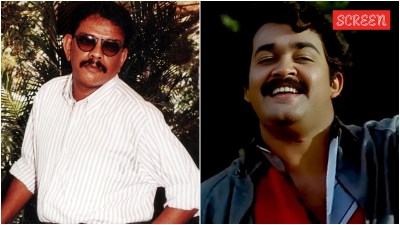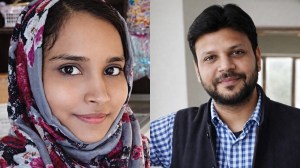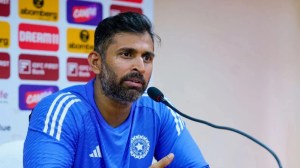Scam cases a long way from conclusion
MUMBAI, Oct 1: Tuesday's sentence for Harshad Mehta and three others may have rekindled the emotions of several investors who blame Mehta...

MUMBAI, Oct 1: Tuesday8217;s sentence for Harshad Mehta and three others may have rekindled the emotions of several investors who blame Mehta and a coterie of brokers for the multi-crore securities scam, but it remains to be seen how many of them will sustain their interest till the finale of the case. For a trial of such proportions and one forum of appeal yet to be approached, the case could well be nowhere near the end.
First the figures: 72 cases were registered by the Central Bureau of Investigation CBI. In 46 of these, charge-sheets have been filed. In 24, departmental action has been recommended by the CBI. In two, the recommendation is yet to be made. Of the 46 charge-sheets, draft charges in only eight prominent cases have either been submitted or are ready for submission.
The special court has given conviction in three prominent cases 8212; the MUL case decided on Monday and two cases involving Hiten Dalal and Canfina 8212; and these are now in the appeal stage. The amount in public money lost totalsto Rs 4,024 crore.
One Joint Parliamentary Committee, three Reserve Bank of India reports, 46 criminal cases and innumerable civil proceedings including suits, describe the volume of fact-finding that has gone into or remains to be undertaken to unravel the scam.
As the case trundles on, Justice S N Variava, the first special judge to be appointed under the Act, was elevated as Chief Justice of the Delhi High Court. Justice M S Rane, who gave two prominent orders, will retire in November this year. Though six new judges were appointed to the Bombay High Court recently, none of them has been assigned the trial of securities scam cases.
These are the criminal cases. The civil matters are countless 8212; if one needs an estimate, Hiten Dalal, one of the prominent brokers allegedly involved, alone has over 600 civil matters.
Quoting paucity of judges is an oversimplification of the problem. Even if the judges are sparing in granting adjournments, the number of accused is enormous, an average of ten in everycase. The list of witnesses is longer and every accused will exhaust his right to cross examine each of them. Further, since most of the accused are common brokers, bank officials, two cases cannot be tried simultaneously in two different courts as the counsel are busy.
The process of criminal trials is more complex than known. After the charge-sheet, which is nothing but the statement of the prosecution8217;s case, the draft charges are to be submitted. After arguments from both sides, the charges are framed and then the trial commences. Of course, the accused move the appellate court in this case, the Supreme Court at virtually every stage. To start with, every transaction, every document presented has to be proved, which in this case will clock a few lakhs.
In one case, one of the accused 8212; K Dharampal, former MD of Fairgrowth Financial Services Limited 8212; died on the day he was to attend the special court for arguments on draft charges against him . While the case was adjourned on that day byJustice Variava, Justice Rane, who is to now hear that matter has, naturally, asked for de novo arguments.
Besides several law points are to be understood. For instance can the special court grant pardon to an approver, which, some accused have argued can be done only by a magistrate8217;s court?
By contrast, in other countries, the number of accused is smaller, plea bargaining is available, like the Nick Leeson-Barings case, which Indian commentators repeatedly cite and the number of witnesses is really limited. The securities scam of 1992, on the other hand, is virtually a Pandora8217;s box of illegalities, intrigue, mischief and sometimes sheer abandon, a fictionalised reading of which may seem too incredible for belief.
- 01
- 02
- 03
- 04
- 05































